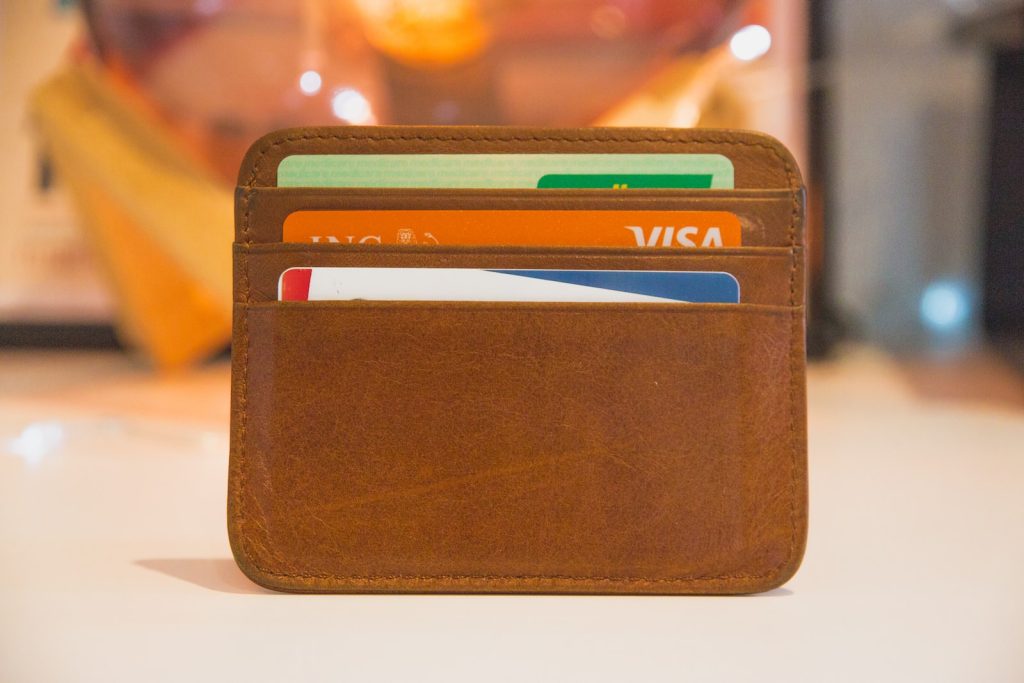Having a good credit history is important for many reasons. It helps you to access the best credit cards, loans, and other financial products, as well as helping you to secure a good interest rate. Unfortunately, many people find themselves dealing with bad credit.
Whether it’s due to missed payments, high balances, or inaccurate information, it can be difficult to rebuild your credit. Fortunately, there are a number of steps you can take to start rebuilding your credit and improving your financial standing. In this article we’ll take a look at 15 ways to rebuild your credit.
1. Obtain a Copy of Your Credit Report
The first step in rebuilding your credit is to obtain a copy of your credit report. This report will provide you with an overview of your credit history and will give you an idea of where you stand. It’s important to check your credit report for any errors or inaccuracies, as these can be damaging to your credit score.
2. Dispute Errors on Your Report
Once you’ve obtained a copy of your credit report, you should review it carefully and dispute any errors or inaccuracies that you find. This can be done by filing a dispute with the credit bureau that issued the report. It’s important to make sure that all of the information on your report is accurate.
3. Pay Your Bills on Time
A major factor in your credit score is your payment history. Make sure that you always pay your bills on time, as this will help to improve your credit score. If you have any outstanding debts, try to pay them off as quickly as possible.
4. Keep Your Balances Low
Another factor that affects your credit score is the amount of debt that you have. Try to keep your balances low, as this will help to improve your credit score. Make sure to pay off any high-interest debt first, as this will save you money in the long run.
5. Get a Secured Credit Card
If you’re having trouble obtaining a regular credit card, you may want to consider a secured credit card. These require a deposit that acts as collateral, and they can help you to build up a positive credit history.
6. Get A Trade Line
If you know someone with a good credit history, you may be able to be added to their account or get a trade line that can help boost your score.
7. Make Larger Payments
Making regular payments is important, but you should also try to make larger payments whenever you can. This will help to reduce your overall balance, which can improve your credit score.
8. Negotiate with Your Creditors
If you’re struggling to make payments, you may want to consider negotiating with your creditors. They may be willing to reduce your interest rate or waive late fees, which can help to make your payments more affordable.
9. Don’t Close Unused Accounts
Closing unused accounts may seem like a good idea, but it can actually have a negative impact on your credit score. This is because it reduces your overall available credit, which can cause your credit utilization ratio to go up.
10. Keep Old Accounts Open
It’s also important to keep old accounts open, as this can demonstrate to lenders that you have a long credit history. This can be especially beneficial for people who are just starting to build their credit.
11. Become an Authorized User
If you know someone with a good credit history, you may be able to become an authorized user on their account. This will allow you to piggyback off of their positive credit history and help to improve your credit score.
12. Monitor Your Credit Score
It’s important to keep an eye on your credit score, as this will give you an idea of how your credit rebuilding efforts are progressing. You can get a free credit score from many websites, such as Credit Karma or Credit Sesame.
13. Apply for a Credit Builder Loan
A credit builder loan is a great way to begin rebuilding your credit. This type of loan is specifically designed for people with bad credit and can help you to establish a positive credit history.
14. Use a Credit Card for Small Purchases
If you’re having trouble obtaining a credit card, you may want to consider using a prepaid card for small purchases. This can help you to build up a positive credit history and demonstrate to lenders that you’re able to manage your finances responsibly.
15. Don’t Give Up
Rebuilding your credit can be a long and difficult process, but it’s important to stay motivated. Don’t give up if you don’t see immediate results, as it can take some time for your credit score to improve.
Final Thoughts
Rebuilding your credit can be a slow and difficult process, but it’s definitely worth the effort. By following the steps outlined in this article, you can start to improve your credit score and get back on the right financial track.
It’s important to stay patient and keep up with your payments, as this will help to ensure that your credit score continues to improve. With a little bit of work, you can rebuild your credit and start to enjoy the benefits of a good credit history.







